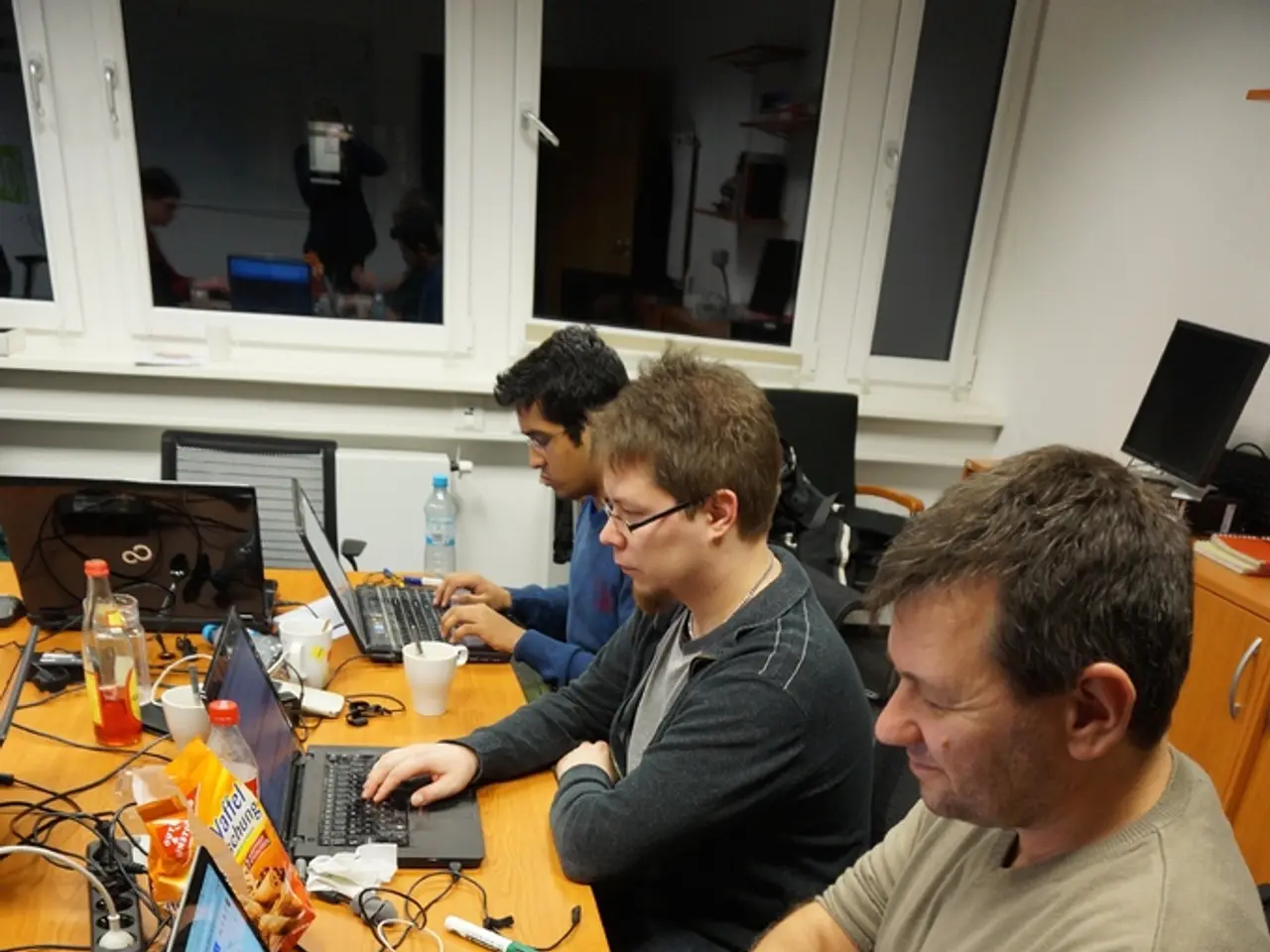German Bionic's Exia Exoskeleton Revolutionizes Workplaces, But Ethical Concerns Linger
Human augmentation technologies, such as German Bionic's AI-powered exoskeleton Exia, are transforming workplaces by enhancing efficiency and safety. Exia offers up to 38 kilograms of assistance for heavy lifting, but companies must navigate ethical and operational concerns while integrating these innovations. Human augmentation involves integrating gadgets and tech to boost physical, mental, and sensory capabilities, creating augmented workers. Exia learns to anticipate users' movements over time, mimicking muscle memory for AI and machines, but companies must balance these advantages with ethical and operational concerns like data collection, employee privacy, and potential job displacement. A recent survey found that 54% of Gen Z employees would consider a pay cut for better workplace privacy regarding these technologies. There are three main categories of human augmentation technology: replicating, supplementing, and exceeding natural capabilities. While these technologies offer clear benefits to workplaces, companies must carefully consider the ethical and operational implications to successfully integrate these innovations.







